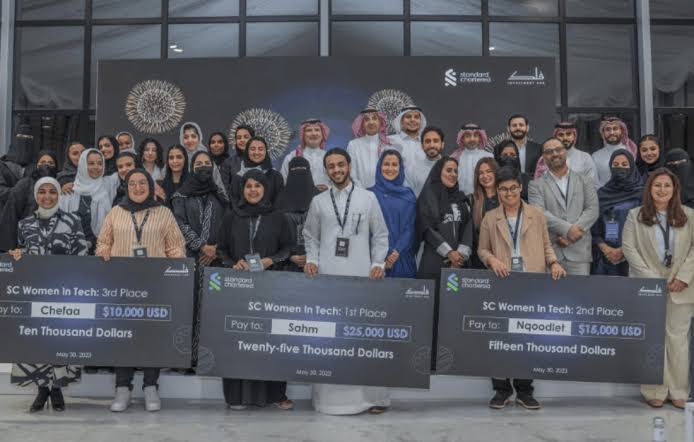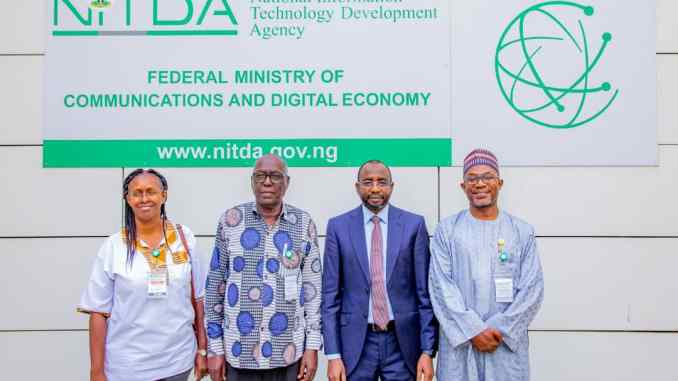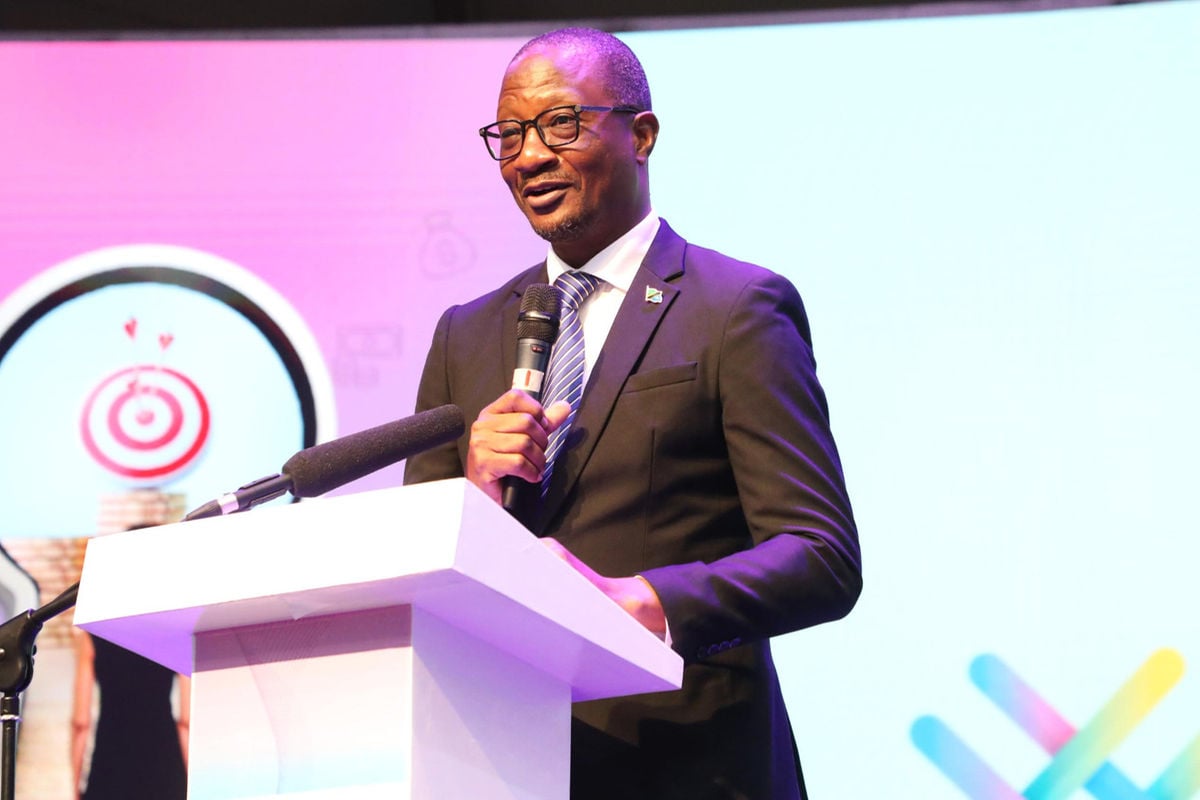The selection of Nigerians to join Forbes – Technology Council with an exclusive community comprising top-tier CIOs, CTOs, is positioning the country as a global leader in data protection.
The latest selection of the National Commissioner of the Nigeria Data Protection Bureau (NDPB), Dr. Vincent Olatunji to join the prestigious Forbes Technology Council confirms this.
Read also: Nigerian Vincent Olatunji joins Forbes Tech Council in 2023
Nigeria’s growing influence in the global tech industry
Several notable Nigerians have served in international tech companies, demonstrating the country’s growing influence in the global tech industry.
Adebayo Ogunlesi, a Nigerian lawyer and investment banker who has made significant contributions to the tech industry, is the Chairman and Managing Partner of Global Infrastructure Partners, a leading infrastructure investment firm. Ogunlesi has also served on the boards of various technology and transportation companies, including General Electric and Uber.
Funke Opeke is the founder and CEO of MainOne, a leading communications services company in West Africa. Under her leadership, MainOne has played a crucial role in expanding internet connectivity in Nigeria and other African countries. Opeke’s innovative approach to bridging the digital divide has earned her recognition as a prominent figure in the tech industry.
Iyinoluwa Aboyeji is a Nigerian entrepreneur and co-founder of Flutterwave, a fintech company that provides payment solutions across Africa. Aboyeji has been instrumental in driving financial technology innovation in the region, and his work has gained international recognition. He has also founded other successful ventures, including Andela, a software development company.
Olugbenga Agboola, known as GB, is the co-founder and CEO of Flutterwave. He has played a significant role in shaping the company’s growth and positioning it as a leading payment technology provider in Africa. Agboola’s expertise in the fintech industry has garnered attention from both local and international investors.
These individuals and many others have made substantial contributions to the tech industry, representing Nigeria’s talent and entrepreneurial spirit on the global stage. Their appointments highlight the increasing recognition of Nigerian professionals in international tech companies and their valuable contributions to the industry.
Bringing a wealth of expertise to the council
The latest selection, Dr. Olatunji, upon receiving the appointment, expressed his delight in being recognized as a member of the Forbes Technology Council. He saw it as validation of his efforts to position Nigeria as a global leader in data protection compliance.
With a background in Geography and Planning, a doctorate degree from the University of Lagos, and certifications as a Public Private Partnership Specialist and Data Protection Officer, Dr. Olatunji brings a wealth of expertise to the Council.
Throughout his extensive career in the public sector spanning over three decades, Dr. Olatunji has showcased his abilities in building strong relationships, delivering impactful results, and spearheading transformative initiatives.
He has successfully led teams, conducted significant research, developed effective policies, and implemented strategic programs at all levels of government in Nigeria. His skill set includes driving human growth, process transformation, negotiation, networking, and public speaking.
Dr. Olatunji’s tenure at the National Information Technology Development Agency (NITDA), where he served as a director and Acting Director General, was marked by notable achievements in e-Government Development and Regulations, contributing to Nigeria’s digital transformation.
Since his appointment as the pioneer National Commissioner of the NDPB in February 2022, Dr. Olatunji has emerged as a prominent figure in shaping data protection policies and frameworks aligned with international standards, bolstering Nigeria’s and Africa’s position in the global data protection landscape.
With his participation in numerous capacity-building programs and representation of Nigeria at local and international engagements, Dr Olatunji brings a breadth of knowledge and experience to the Forbes Technology Council.
His induction further reinforces his commitment to ensuring data protection and advancing Nigeria’s presence in the digital realm.
Expressing his excitement, Scott Gerber, the founder of Forbes Councils, warmly welcomed Dr. Olatunji to the Council.
Gerber emphasized the Council’s mission to bring together accomplished leaders from various industries, fostering a curated network driven by social capital. This network aims to facilitate professional growth and enable members to make a significant impact on the business world.









